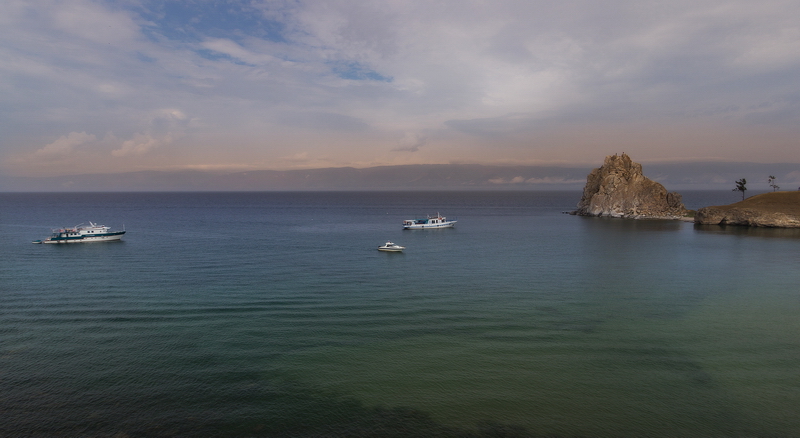Lake Baikal Foundation will support the project «Point No1» of Scientific Research Institute of Biology at Irkutsk State University for the fourth year in a row. The project has been put on the Guinness Book of World Records list as the most long-lasting regular environmental monitoring project in history of science: the project has been conducted without interruptions for over 70 years. As part of this project, scientists conduct regular annual sampling on a network of stations throughout the lake Baikal water area, as well as weekly at the pelagic stationary station No1 (so-called «Point No1»), which is situated on the southern part of Baikal near the settlement Bolshyie Koty at 2,7 km distance from the coast, above a depth of 800 m. Data obtained during processing of phytoplankton and zooplankton collections are entered into an unique computer database.
The uniqueness and importance of this project was evaluated at the international level. Its results of the monitoring were included in the international «State of the Climate» report, published by the American Meteorological Society. This more than 300-page edition, published as a special Supplement to the Bulletin of the American Meteorological Society, covers the results of scientific assessments of the state of the climate of our planet from scientists from more than 60 countries.
Lake Baikal Foundation supported «Point No1» in 2016 thanks to private donors. The extension of support in the following years was made possible by a donation from the Siberian Wellness corporation’s charity foundation «The World Around You». In 2020, despite the current difficult economic situation, monitoring will continue again. The Swiss watch company «Oris» joined its support by releasing a limited collection Oris Lake Baikal watches, the funds from the sale of which will be partially transferred to support the project.
In 2016-2019, Lake Baikal Foundation allocated a total of 5 million rubles to support environmental monitoring. This year, thanks to the support of two partners and private donors, the Foundation will transfer 1.5 million rubles to finance a unique monitoring program. These funds will be spent on salaries of project employees, as well as on its technical support.


